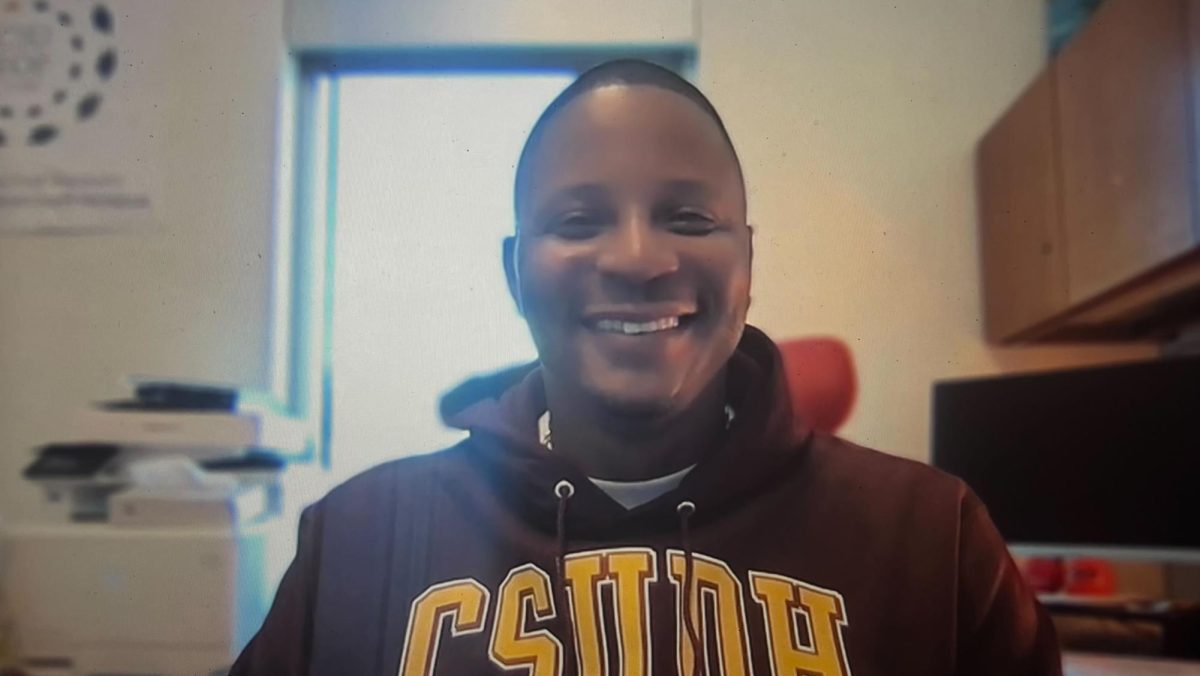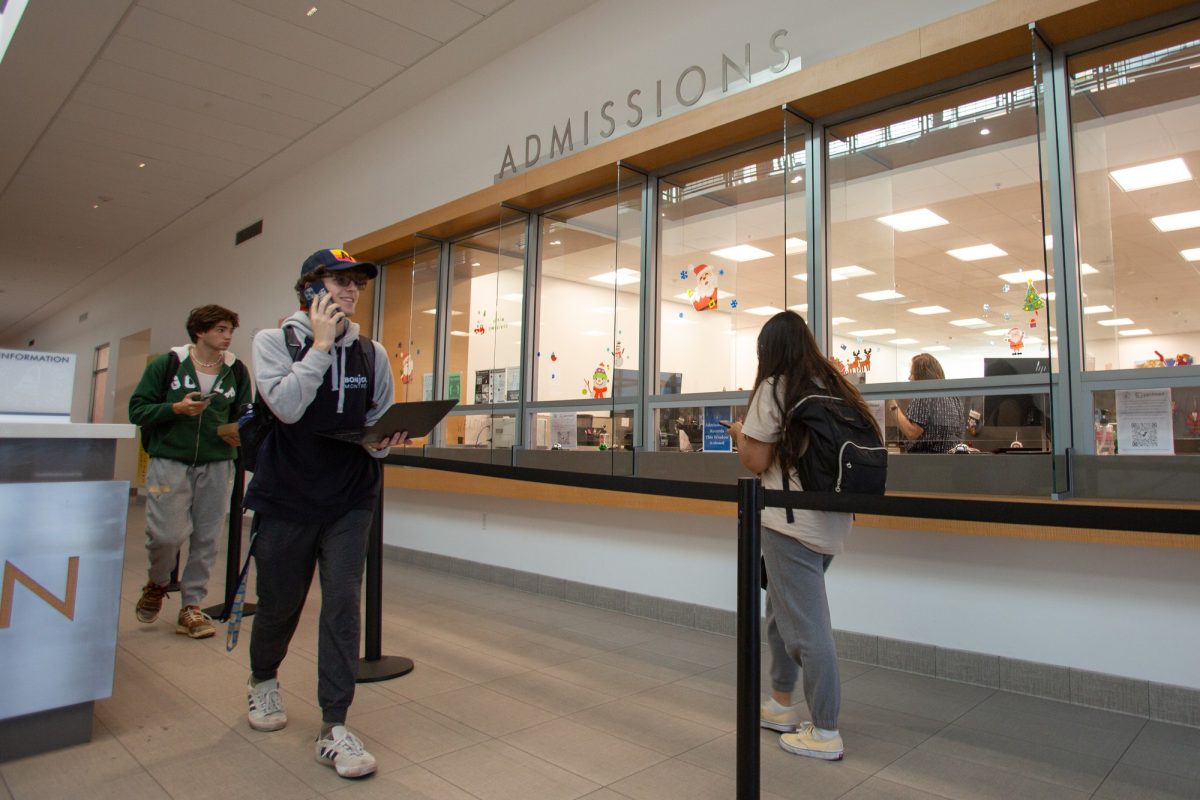After financial aid was cut by 15 percent from the state budget, Hortense Cooper, director of financial aid and scholarships, is informing students that requirements for financial aid is strict to meeting deadlines and the crisis has not yet hurt EC.
“Although financial aid is a compromise of federal and state programs, most of the information that students are receiving about the budget cut is due to a delayed signing in the state budget,” Cooper said.
EC was given an advanced 85 percent of financial aid funding.
“EC was considerate of the needs of students and the district covered the remaining 15 percent so students could receive full funding on time for the spring semester,” Cooper said.
The financial aid program that students depend on is the Federal Pell Grant, which will remain intact this year.
Problems can be avoided if they attend workshops to know the correct way of filling out their applications.
“It’s time-consuming to make corrections, therefore, it takes longer to process the students’ files and their checks are delayed,” Cooper said.
“Although students do not need to worry about the budget cuts right now, they need to apply for financial aid on time and read all correspondence from the Financial Aid Office.
“Students should be advised that warning letters to students in danger of losing aid will be sent in March,” Cooper said.
Another way for students to receive funding for their education, should the budget affect financial aid, is scholarships.
“We encourage all students to apply for scholarships for these are private funding,” Kahea Kamahele, scholarship technician, said. “Unlike financial aid, these are sources not coming from the state or government. These are private sources.”
At this time, the financial aid crisis is not affecting enrollment.
“We are seeing an increase in enrollment this semester and this trend will most likely continue in the future. Usually during a recession, more students return to school for retraining or upgrading their job skills,” Cooper said.
Most returning students, however, do not qualify for aid, so there is no concern over aid extending to so many students.
“There is a 50-50 chance of financial aid affecting enrollent considering about 50 percent of the students enrolled here do not qualify for financial aid,” Kamahele said.
Students believe the financial aid crisis can be avoided if California decides to cut other areas instead.
“The way the economy is today for the state of Cailforinia’s budget, they can find other areas to make cuts from instead of cutting education,” Levi Barnes, music major, said.
Others, however, believe that determination is the key to success, as students will find a new way to pay for their education if they really want it.
“You have to plan to be a better you, by planning to do what’s right to do. Plan to break those plans you make, then you plan to make the biggest mistake of your life,” Brandon Wheat, music major, said.
Students should be on track when dealing with their financial aid so to not risk losing it.
“Financial aid is here to help. We are always open to suggestions,” Cooper said.








